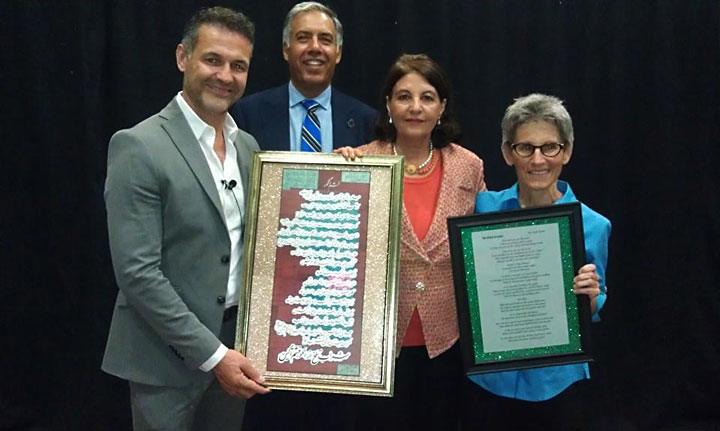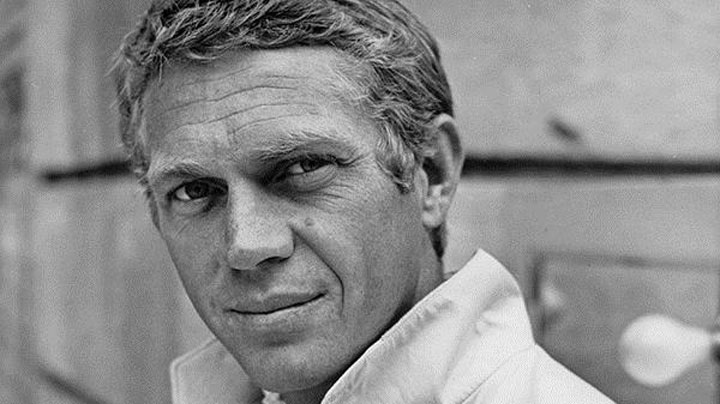The slow sacraments of hardboiled human biology
and the butchery ordained in velveteen waistcoats.
The stenchy, unnatural criminalities revealed daily.
If lives were water, we’d love gradual expansion
or develop something like crocodile halotolerance
for what might just function for us but hasn’t as yet.
And though lives aren’t water, who doesn’t crave
the vertical razzmatazz of extension and upsurge,
a madcap theatrics the planet endorses routinely.
Mother left Kentucky to marry and settle in Ohio
with a man from the same small town in Kentucky.
Wherever light pours in, our lives are rooms. Houses
with spring yards and kids with Christmas-toy shovels,
sweatered kids deepening hard earth with both hands.
She died on Good Friday. And forget the lie of Easter,
the dead being as lifeless as stones forever. Some lives
end quietly and without benefit of clergy. Some of us
walk on the Moon and plant flags. American flags.



